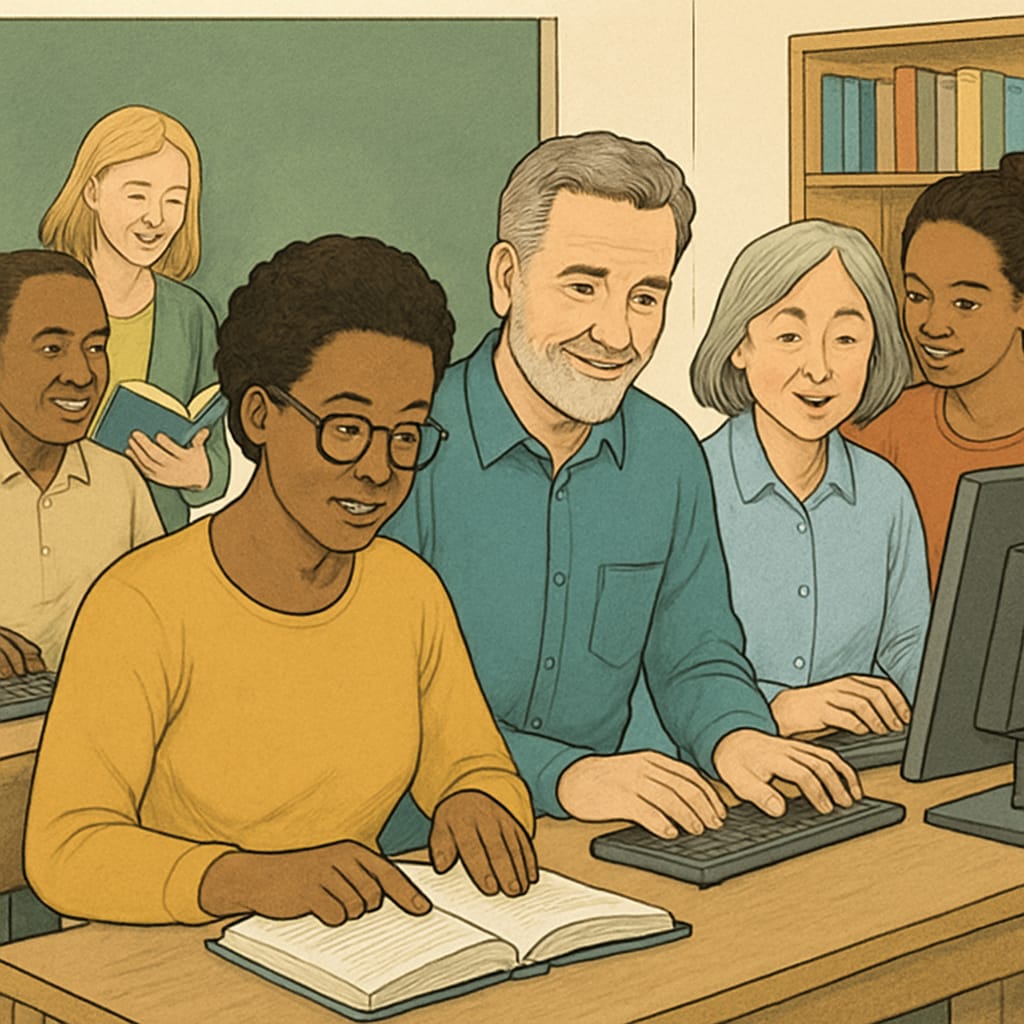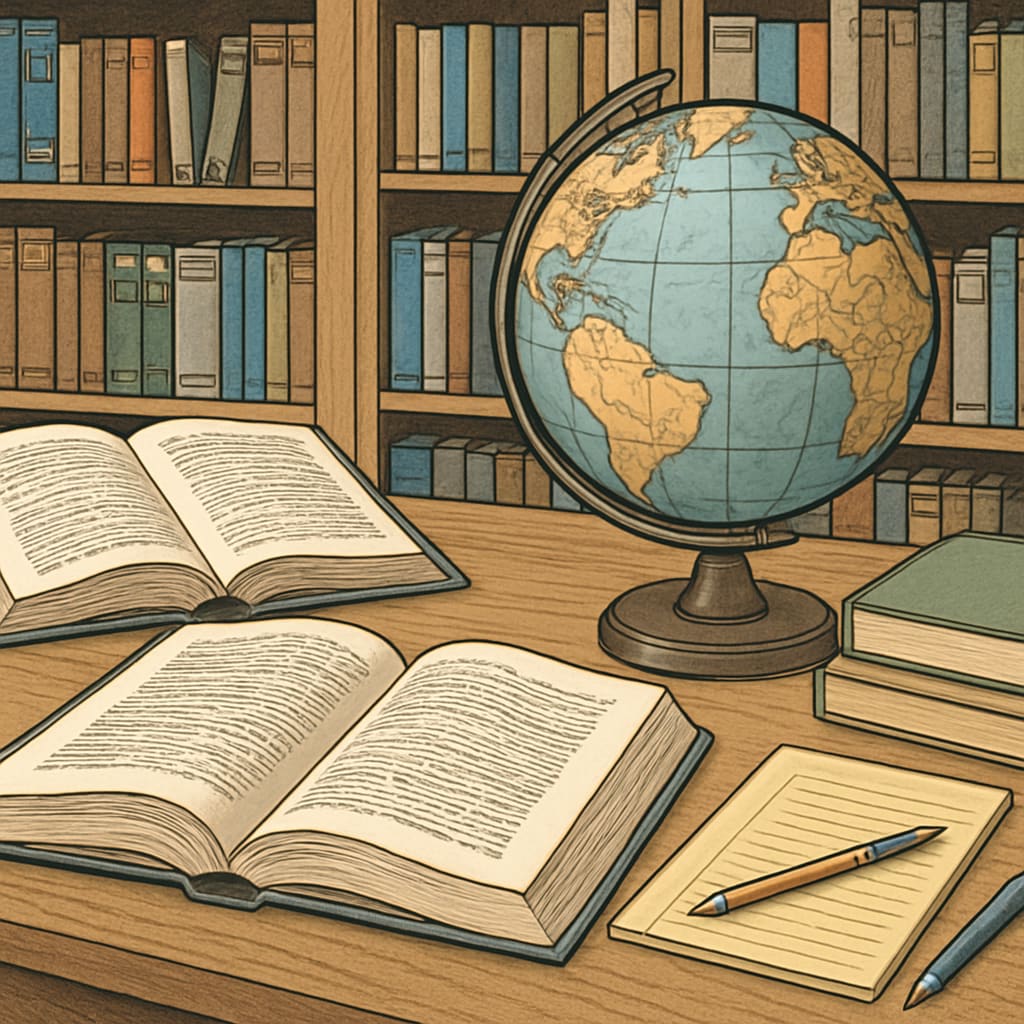For many adults, gaps in education caused by early-life challenges—such as being forced to leave school—can have long-term effects on their confidence, career opportunities, and overall life satisfaction. However, it’s never too late to address these “education gaps.” With the rise of accessible learning resources, anyone can pursue self-learning in areas like world history and foundational academic subjects. This article provides a roadmap to help adults overcome these challenges and re-engage with education.
Understanding the Impact of Education Gaps
Education gaps can significantly affect an individual’s life outcomes. For example, limited knowledge in core subjects like mathematics, science, and history can create barriers to career advancement or even basic decision-making. Furthermore, the lack of exposure to world history can hinder one’s understanding of global contexts and critical thinking skills.
However, it’s important to recognize that overcoming these gaps is not an impossible task. Adults possess unique advantages, such as self-discipline, life experience, and intrinsic motivation, which can support their learning journey. By identifying their specific needs and leveraging the right tools, adults can build a tailored plan to address their educational shortcomings.

Practical Strategies for Self-Learning
When it comes to self-education, having a clear strategy is key. Below are some actionable steps to help adults start their learning journey:
- Set Clear Goals: Define specific learning objectives. For instance, you might aim to gain a comprehensive understanding of world history or master algebra within six months.
- Use Online Resources: Platforms like Khan Academy and Coursera offer free and affordable courses on a variety of subjects, including history, science, and math.
- Build a Routine: Consistency is crucial. Allocate a dedicated time each day for learning, even if it’s just 30 minutes.
- Leverage Community Support: Join local study groups or online forums to stay motivated and share knowledge with others.
- Read Widely: Books remain one of the most powerful tools for self-education. Start with accessible works like “A Short History of Nearly Everything” by Bill Bryson for science and history topics.
By following these steps, adults can create a structured approach to self-learning that fits into their busy lives.
Focusing on World History and Core Subjects
World history is a particularly valuable subject for adults to revisit, as it provides perspectives on cultural, economic, and political developments that shape our modern world. Understanding historical contexts can also enhance critical thinking and decision-making skills.
For core subjects like mathematics and science, focusing on foundational concepts is essential. For example, adults can start with pre-algebra or basic physics to build confidence before progressing to more complex topics. Free resources like Britannica offer reliable information for beginners in these areas.

Overcoming Psychological Barriers to Learning
One of the greatest challenges adults face when addressing education gaps is overcoming psychological barriers such as self-doubt and fear of failure. Here are some tips to build confidence:
- Start Small: Tackle manageable topics first to build momentum and confidence.
- Celebrate Progress: Acknowledge your achievements, no matter how small, to stay motivated.
- Seek Encouragement: Share your goals with supportive friends or family members who can cheer you on.
- Be Patient: Learning takes time, so allow yourself grace and avoid rushing the process.
By addressing these mental hurdles, adults can fully embrace the learning journey and achieve their educational goals.
Conclusion: A Lifelong Commitment to Learning
Closing education gaps is not just about acquiring knowledge; it’s about reclaiming opportunities and achieving personal growth. With today’s wide range of self-learning resources, adults have more tools than ever to succeed. Whether diving into world history or mastering core subjects, the journey of learning can be a transformative and rewarding experience.
So, take the first step today. Remember, it’s never too late to learn and grow.


